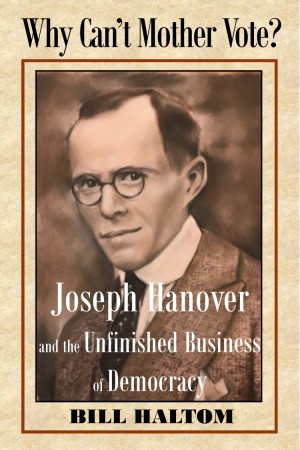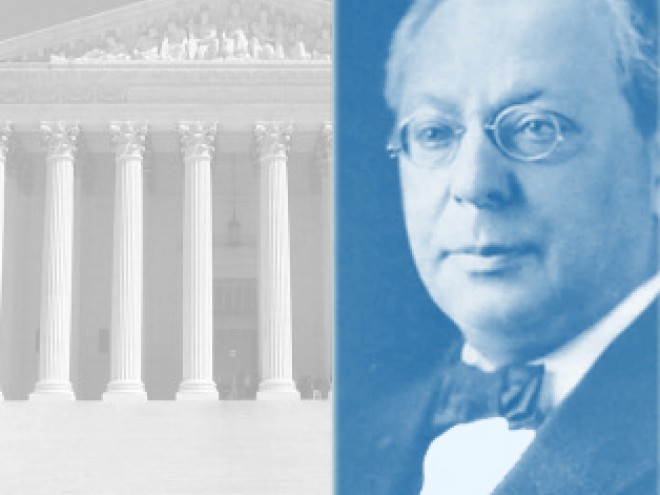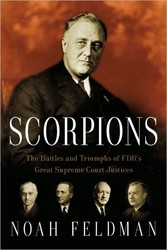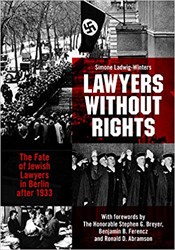By
– May 14, 2013
Though violent incidents were rare (especially when compared to their European brethren), American Jews of the early twentieth century were not without their troubles. Subject to anti-Semitic rhetoric and conspiracy theories in the popular press, American Jewish leaders were conflicted about how to proceed: to fight back could perhaps add fuel to the fire, but to do nothing could let anti-Semitism fester in the American consciousness. In his newspaper, The Dearborn Independent, Henry Ford, a vocal proponent of anti-Semitic views, accused farming cooperative organizer Aaron Sapiro of stealing money from farmers and giving it to other Jews. Sapiro decided to sue the carmaker for libel damages. The resulting trial brought the issue of anti-Semitism and the role of the Jewish people in America to the fore of the American press and conversation.
The book is divided into two sections. The first section gives biographical and historical background on the main parties involved in the lawsuit, and the second section delves into the trial itself. The book quotes heavily from newspaper articles, trial transcripts, and other supporting materials; in certain footnotes, the author comments further on the content. The biographical sections are well-written and give the reader a glimpse into the life of American Jews at this time. It is a serious academic work in tone and scope; those seeking a broader overview may find themselves overwhelmed by the level of detail and specificity. Scholars of Jewish American history, early twentieth century American history, and legal history will find this book a nuanced, well-researched case study of the era. Index, notes.
Allison Gottlieb is a Judaica librarian at Touro College.





